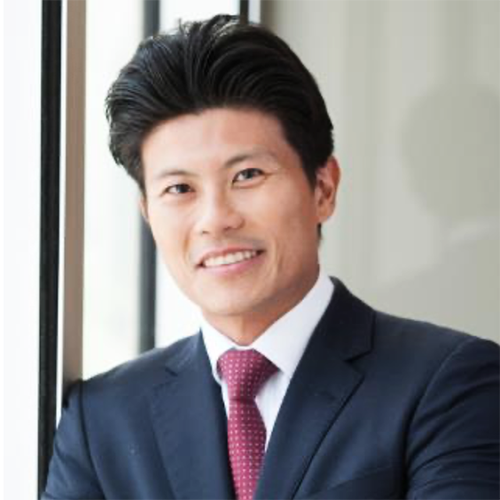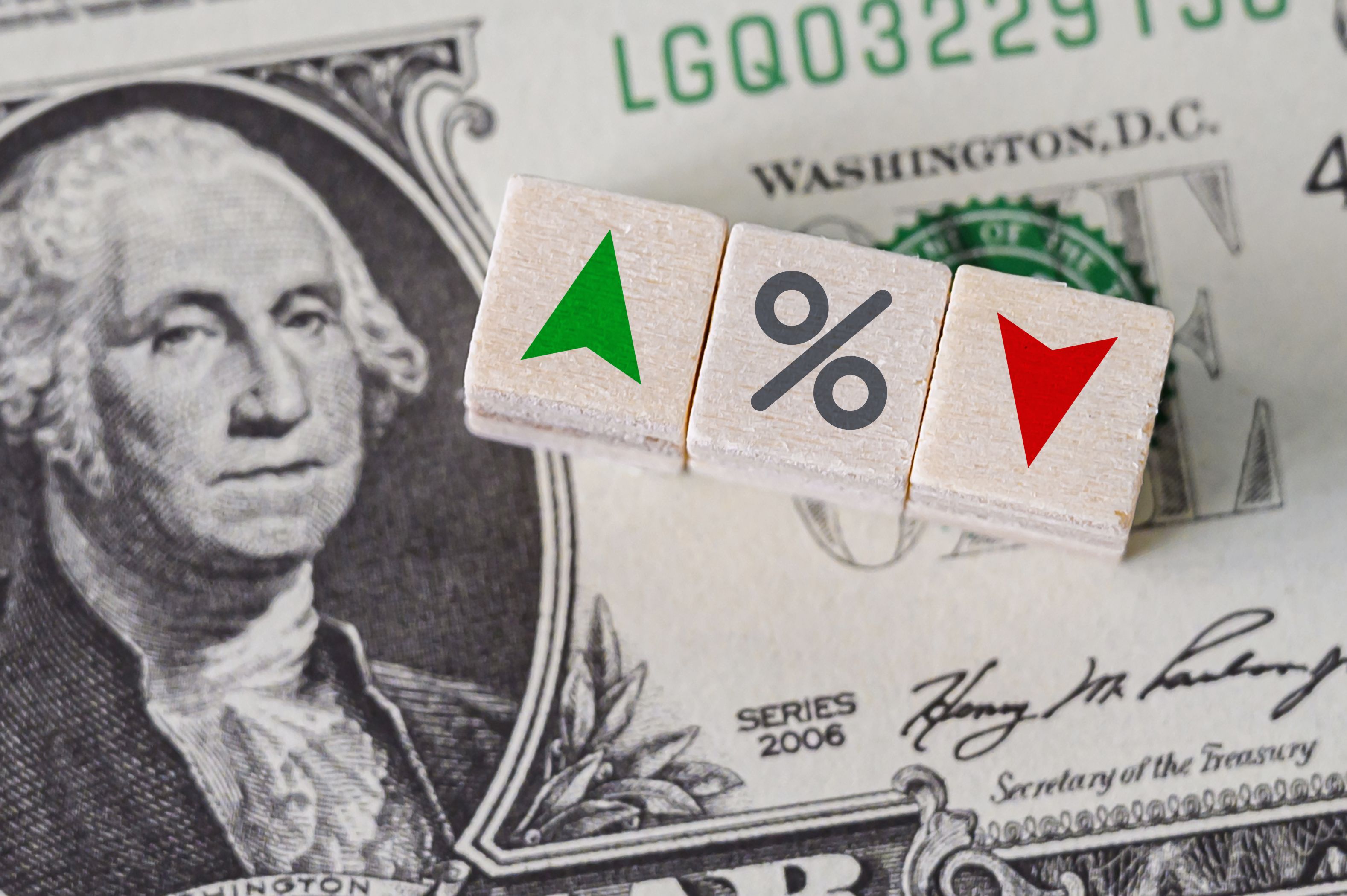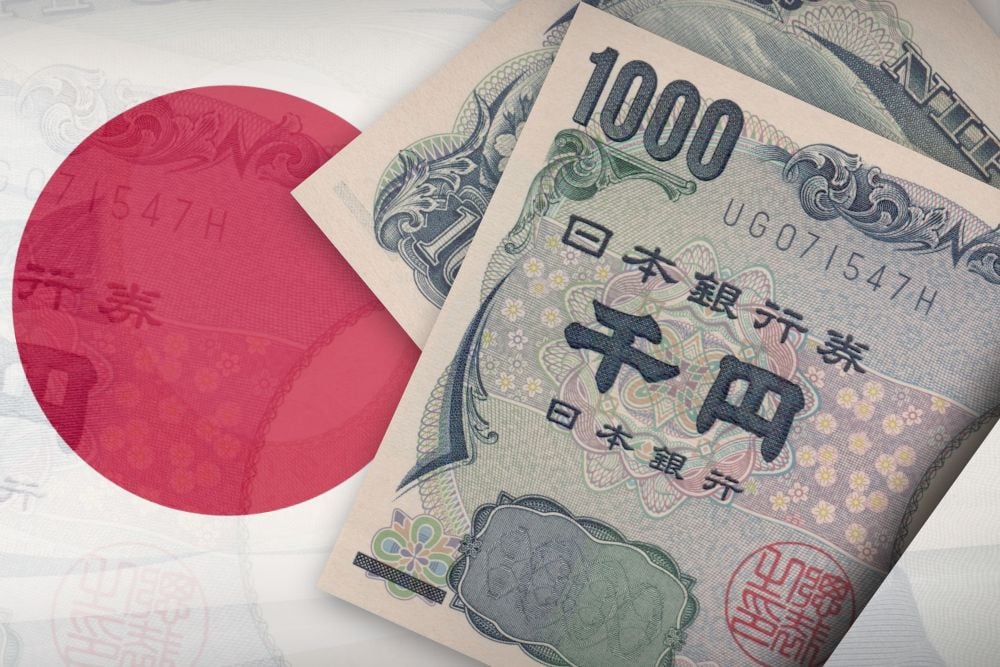 |
|
Australians tend to travel a great deal and are prepared to move countries for the right job opportunity. Australians are now employed in many Asian and European countries at both executive and junior levels. In Hong Kong, among the 212,500 plus expats (excluding those from the Philippines and Indonesia), more than one in 10 is from Australia.
Moving with work and taking the family with you means education abroad becomes a major consideration. Starting saving for your children's education early, with savings tools that best serve your needs as an expat will prove to be beneficial.
International universities can be expensive compared to an Australian university. For now, at least, to attend an Australian university may be the cheapest option.
If your child is an Australian citizen, they'll be regarded as a domestic student rather than an international one by the Australian universities, regardless of your current expatriate status.
In addition, as an Australian citizen, your son or daughter is also permitted to defer their student contribution through HECS-HELP, the loan scheme provided by the Australian government, repaying their loan through the Australian taxation system once their income reaches a minimum repayment threshold.
What Australian expat parents with young children will have to consider is that this arrangement is expected to change. The Australian Government confirmed last year that universities will be deregulated in 2016, prompting warnings that tuition fees could rise substantially. Some universities have already removed their caps on annual fee increases, even for students who remain on the same course.
In the meantime, the 2014 QS World University Rankings report suggests that Australia is already the most expensive university education destination for international students, with annual costs, including fees and cost of living, above those of both the US and UK.
Australian universities accept the International Baccalaureate (IB), a relatively new curriculum that was designed to make it easier for children to attend institutions in other countries, whatever their age. Enrolling in schools to complete the International Baccalaureate while away does provide more flexibility, but can also add cost. In Hong Kong, the IB curriculum is only mostly available in international schools, which are renowned for their steep tuition fees.
My experience is that if your child has already started school in Australia, there may be a period of adjustment at first. The Australian system is less formal than, say, the British system. This can be a surprise to youngsters who leave Australia and arrive at a new school in Hong Kong, where the heavily embedded influence of the British still emerge in the education system. Routines, sports, language and friendships can all affect the first few months.
Whichever curriculum you opt for, though, it may prove expensive, particularly in places like Hong Kong where we observe some of the highest education-related costs.
Additionally, the costs can be volatile - a fact exacerbated and made more difficult to prepare for by fluctuating currencies. So it can be really difficult to predict the exact cost. The fluctuating nature of the Australian to Hong Kong dollar ratio (highest point at HK$8.58 to A$1 in the past ten years), could make even what was once a cheaper option for tertiary education exponentially more expensive, if you get paid in Hong Kong dollars.
Whatever your plans, it may be wise to start saving for your children's education as early as possible. If you are unsure about the best way to begin doing this, a professional financial adviser will be able to assist in setting up a suitable savings account or investment plan designed to help meet education costs and mitigate possible currency risks.
John Van Der Wielen is executive chairman of Friends Provident International, an Aviva Group company.









